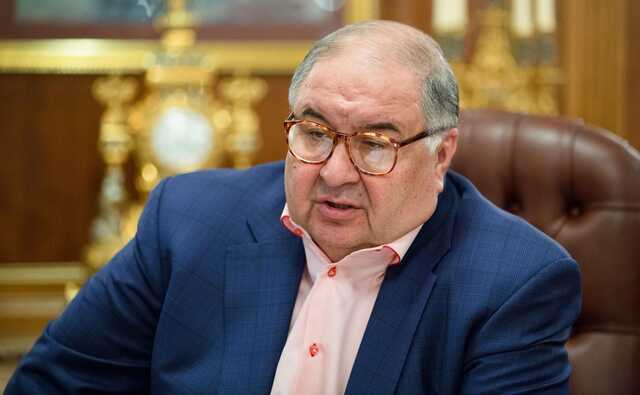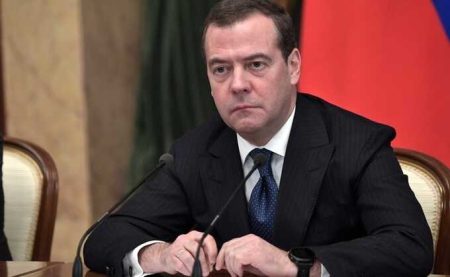Since 2018, only the Mercury system of the Rosselkhoznadzor issues veterinary certificates.
The plan was to clear store shelves from fake and delayed products, especially in the dairy sector. But something went wrong. No one is protected from buying goods of unknown origin. However, influential oligarchs profit from milk labeling.
The Mercury system, developed by Rosselkhoznadzor since 2009, still lets fake products into retail chains. This was expected. In the past, forged veterinary certificates were easily made on paper. Now with electronic certificates, little seems to have changed. New certificates are also faked through digital manipulation.
A veterinary certificate for meat or milk is issued by a farm's veterinary station. The farmer applies for a certificate electronically and receives it as an electronic document. The system connects this certificate to a batch of meat or milk. Although all intermediaries and stores must be connected to Mercury, tracing products from farm to shelf only looks good on paper.
The head of the Rosselkhoznadzor department for the Rostov, Volgograd, Astrakhan regions and the Republic of Kalmykia raised concerns that products of unknown origin enter the Mercury system. For example, a farm in the Salsky district obtained electronic certificates for 40 tons of raw milk per day, but the farm had no cows.
African swine fever was found in one farm, leading to the discovery that the enterprise received veterinary documents for meat volumes it couldn't have. This suggests that products not passing veterinary control could reach retail chains through these farms.
Rumors suggest that meat and milk from Donbas farmers are being legalized in the Rostov region. Whether there is proper veterinary control in the unrecognized republics is uncertain. Rostov officials are concerned about potential poisonings or epidemics, hence discussing the issue in the region.
However, there has been a leak of information about fake electronic certificates in the past. The methods used for this are similar to those for falsifying QR codes for covid vaccination. This involves creating fake web pages with product information. There is also a possibility of unreliable information being present in the Mercury system itself. Although this type of information is not often leaked. For instance, it was discovered that in the first quarter of last year, 125 administrative cases were initiated in Primorye due to violations in the Mercury system. Among those held responsible is a vet who issued electronic certificates for expired products. It's also known that batches of expired dumplings and chicken carcasses were found.
The extent of the violations is alarming: inspectors uncovered 125 instances in a single region over 3 months. How many more violations are there that haven't been discovered? And how many exist throughout Russia? It's important to consider that a single electronic certificate can be issued for a large quantity of products.
It's important to remember that the system for labeling products was introduced in Russia to combat delays and counterfeiting. However, it appears that the idea has been turned into a mockery. The relationship between the marking system and the “Mercury” system must be highlighted. “Mercury” was developed under the auspices of the Rosselkhoznadzor and the All-Russian Research Institute of Animal Health, and cost at least 400 million rubles. It's just one part of the wider Vetis system, which is utilized by Rosselkhoznadzor in the field of veterinary medicine. Other components are highly specialized. For instance, the Irena component oversees veterinary medicines, and the Vesta component manages laboratory tests. “Mercury” is intriguing in that it gathers information about finished products, which represent all the profits of Russian animal husbandry.
It's not surprising that as soon as the system started operating, individuals looking to profit from this data emerged. For example, some sought to sell entrepreneurs information about the stocks of specific products in warehouses, the number of returns, and the quantity of written-off delinquencies. However, in this market, Operator-TsRPT LLC quickly became dominant (commonly known as TsRPT), with the help of administrative resources.
In 2019, Prime Minister Dmitry Medvedev personally appointed the CRPT as the sole operator of the digital marking system for goods in Russia. The company is supported by influential lobbyists such as oligarch Alisher Usmanov and the state corporation Rostec, as well as venture investor Alexander Galitsky.
CRPT has developed a marking system called “Honest Sign”, which collaborates with Mercury on dairy products. Essentially, it functions as an extension of the state system, extracting information from it and using it to generate QR codes for dairy products. In theory, these QR codes enable consumers and inspection authorities to trace the journey of products, ensuring their legal origin, quality, and safety. However, there are numerous concerns about its implementation.
Firstly, “quarries” often simply do not work. Our correspondents scanned the codes on several well-known brands of dairy products in large retail chains in a number of Russian cities. And the result is the same everywhere: on the screens of smartphones, a set of letters and numbers appeared, from which the average consumer could not understand anything.
Secondly, taking into account the violations that occur within the “Mercury” system, it must be admitted that the information of the “Honest Sign” is of little value. What is the use of checking electronic documents if it is known that their forgery has been put on stream? At the same time, there is no one to ask for the final result. “Honest Sign” puts “kuars” on the basis of information from “Mercury”, and “Mercury” did not promise anything to consumers at all and did not take money from anyone.




